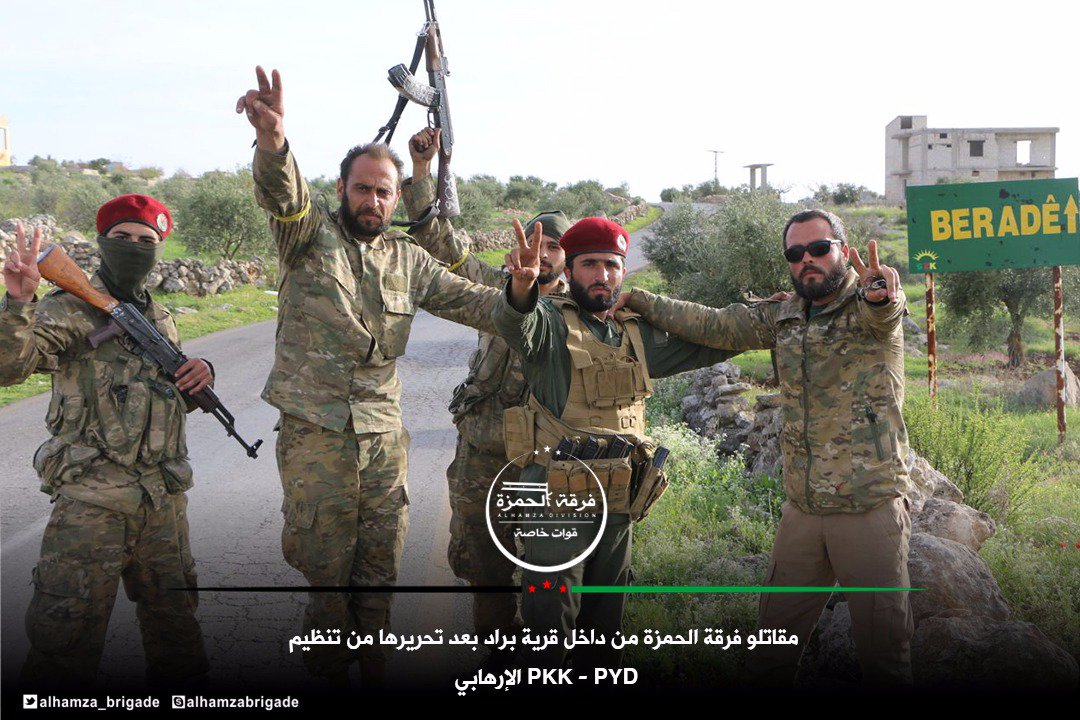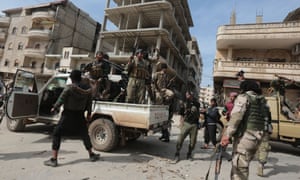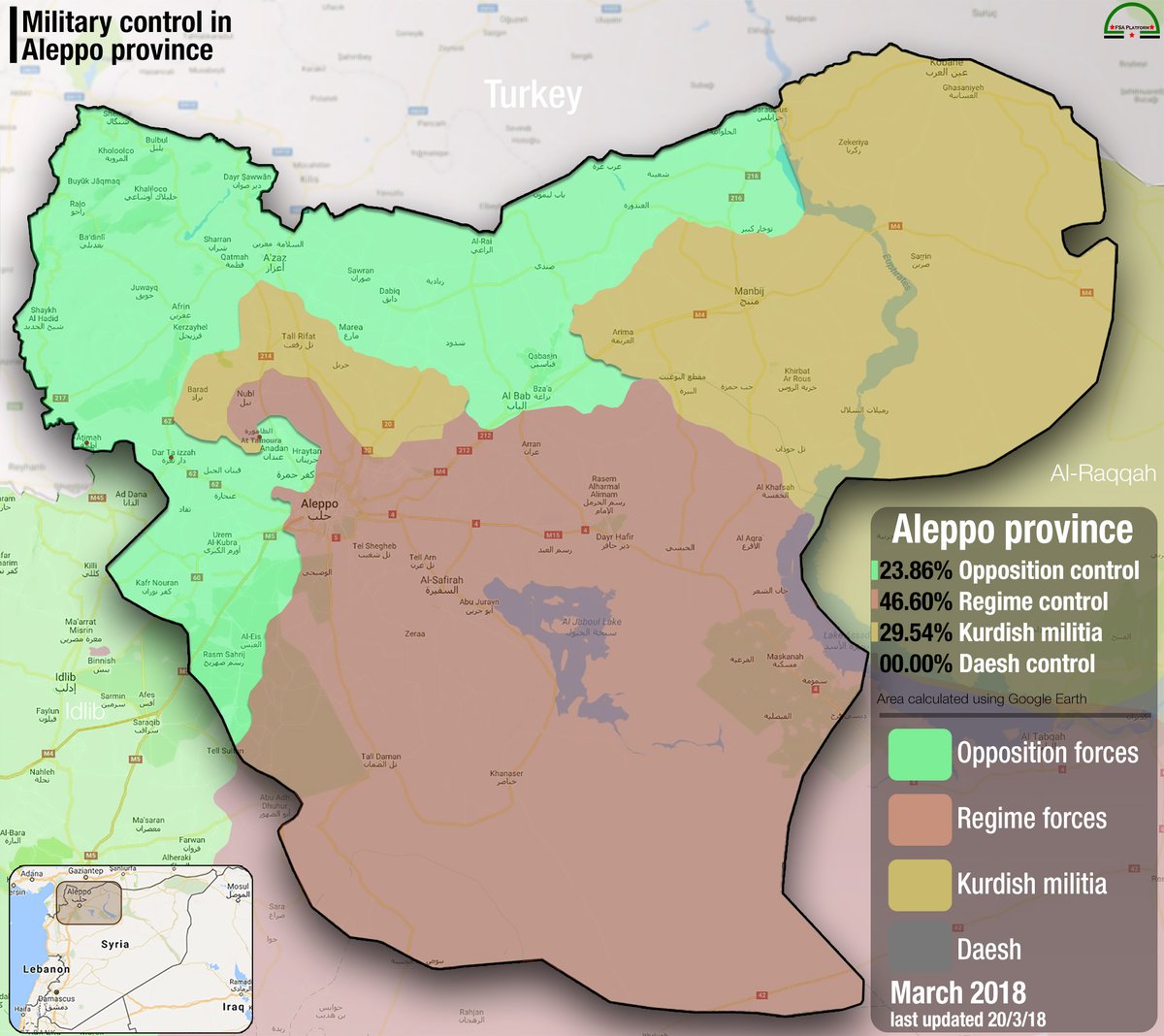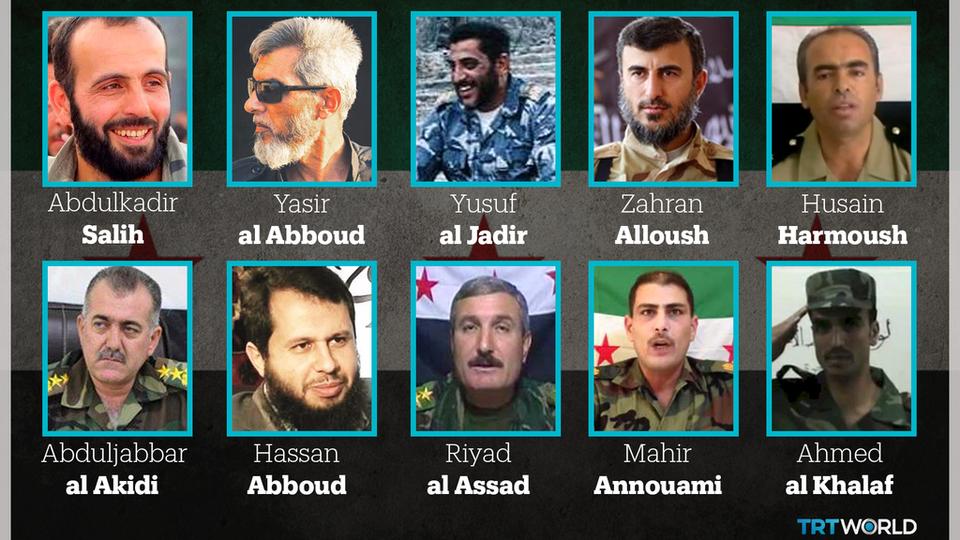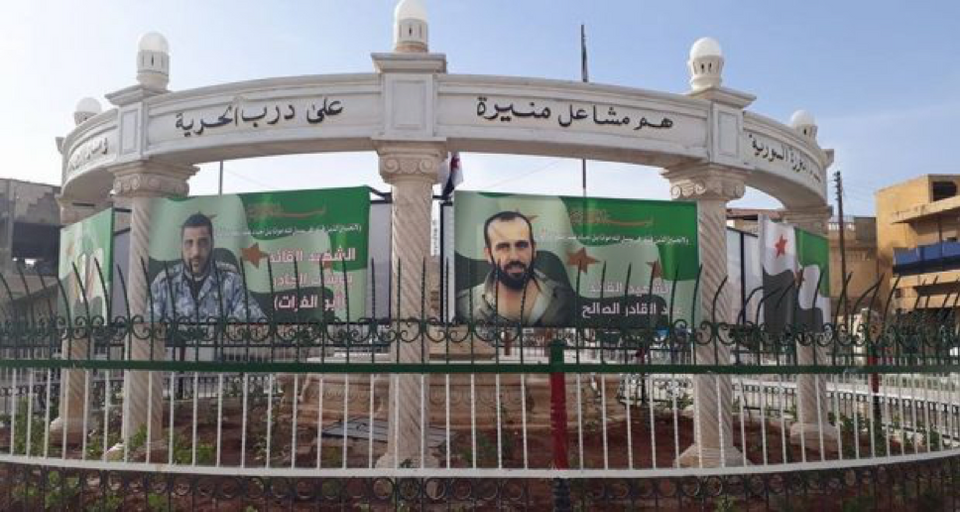 'As the bombs rain down on the rebel-held area on the edge of Damascus, Steve Ali remembers the idyllic summers he and his friends spent there as children — and how their young lives were torn apart by Syria’s civil war
'As the bombs rain down on the rebel-held area on the edge of Damascus, Steve Ali remembers the idyllic summers he and his friends spent there as children — and how their young lives were torn apart by Syria’s civil war
In Syria, we don’t say, “Once upon a time …” We say, “There was and there wasn’t a long time ago …” So that is how I shall start my story here.
There was and there wasn’t a long time ago a boy called Mustafa who had a friend called Mahmoud. The most exciting challenge in Mustafa’s life was to climb the tallest oak tree in a field owned by Mahmoud’s family in Ein Tarma in Eastern Ghouta. The field was by the Barada river that ran all the way from Western Ghouta and across Damascus to Eastern Ghouta. From the top of this oak Mustafa felt like he could see the whole world. He loved to ride the bendy branches as the howling wind rocked them back and forth.
Mahmoud’s father would scold Mustafa. “Get down, you monkey! You’ll hurt yourself if you fall, son,” he’d shout, but Mustafa did not fall.
Mustafa and Mahmoud and their friends Samer, Ahmad, Amer, Rami and little Ziad were a tight summer crew. They played football in the long, wide field, through the emerald plants and the dark red soil. They chased each other through the trees. They planted vegetables, fed the farm animals, swam in the river and found adventures in the woods until the sun went down. Then they pulled aubergines and potatoes from the field and cooked them over an open fire under the moonlight. Then they rode back to the house on their bicycles.
Mahmoud’s older brother Karim was a teacher and sometimes he would manage to gather the scattered children into the house to teach them maths. He had kind, twinkly eyes and a warm heart and stealthy means to make the children laugh as they learnt that “numbers are important”. After lessons the whole family would sit in their large living room full of treasures, on a beautiful Persian rug that Mustafa thought looked like Aladdin’s flying carpet. They would share a picnic of traditional Syrian dishes made by Mahmoud’s adoring mother.
When the children were tired of running outside on the long summer days, they’d visit Samer, whose father was a master craftsman. Sometimes he would take the boys to his workshop in Hazeh where he taught them how to make wooden clocks. Each child had a role in the production line and at breaktime Samer’s mother would reward the little workers with sandwiches and a huge kettle of tea.
Ahmad wouldn’t come to the workshop. He was too shy. He preferred to work in his father’s florist’s, more excited by flowers than people. He would lecture Mustafa about orchids with a spark in his eye and a passion in his quiet little voice. Mustafa loved watching his friend leave his awkwardness to one side whenever he was able to be an authority on orchids.
Amer and Rami were brothers. The children were sometimes invited to their father’s factory in Hamoryah where he produced generators and electrical products. The boys fiddled with the machines and tools and broke them as often as they learnt how to get them going.
Little Ziad, the last of the gang, was from Douma. His dad had a convenience shop on the corner in the main square where he chatted and chain-smoked. Mustafa always warned him the smoking was very bad for his health and he always promised to quit but never did.
Many blissful summers in Eastern Ghouta and peaceful school years in Damascus passed. Mustafa and his friends laughed and argued, played and studied, and grew tall — even little Ziad. Eventually the crew split up to travel to different universities. The idyllic years of their childhood grew into their first days of adulthood. Then the war began. It was and it wasn’t a long time ago … the kind of slaughter that belonged in a savage ancient myth. Except this time it definitely was — and it was happening now. It was happening to me and everyone I’d ever loved.
None of us living in Damascus knew what was happening in the country at first. We lived under the relentless brainwashing machine of national television, where we were told that the rumours of torture and killing were lies to turn people against the government. We couldn’t imagine life being any other way than it had been when we were riding bicycles in the woods.
But soon everyone could smell the blood. The sickeningly dry and suffocating smell of burning flesh made it hard to breathe. As the conflict intensified, we all had to be identified as either a loyal supporter of the regime or the enemy. For them or against them. Damascus was turned into one massive fortress, crawling with army officers, with checkpoints on every street. Walls were painted with the regime’s flag and propaganda. Veiled figures walked the streets at night writing revolutionary phrases on walls. The regime responded by threatening to knock the walls of people’s houses down if they couldn’t keep them clean.
From my room at night I could hear the peal of cannons. My house would tremble as I watched the bombs like shooting stars in the distance. A walk to see friends would turn into a battlefield, running through bullets from armed soldiers and rebels, like something out of Mad Max. Bombings, explosions, assassinations and arbitrary arrests became the norm.
I was a student, so immune to being called up to shoot and gas Syrians my own age and younger. But soon young men my age were randomly pulled off university campuses and forced into uniform with a gun in their back and a threat to kill or be killed. So on March 13, 2013, I packed as lightly as possible, dressed as discreetly as I could and left my home for the last time.
I set off with the intention of passing through about 20 military checkpoints, including one known as the checkpoint of death. My ID card was torn, which would have signalled disloyalty and meant certain death. I slipped it into a clear plastic folder, masking the tear, and showed my passport instead wherever I could. At each checkpoint I was waved through, my heart beating in my mouth — until the final one.
An enormous, bald, armed man with huge bushy beard and a face from hell approached me and asked for my ID. He stared at the torn document for a long time and I knew my time was up. I was going to be taken away. I knew not where, except that I would not return. After what seemed like a short lifetime, he handed it back to me wordlessly and walked away. I have no idea why, to this day. I didn’t look back. Not long afterwards, I was in Turkey. I felt born again, but I had no idea how far away peace would be for me.
I walked across countries where Syrians were not welcome and there were no rights for refugees. I crossed seas in dinghies and I slept rough. I avoided arrest from ruthless police, dealt with unscrupulous, terrifying smugglers and nearly died of exposure. After three years, I finally arrived in the Calais Jungle refugee camp, where I lived for a year. By night I worked as a firefighter. It was a very flammable place, in every way. The French police tear-gassed and intimidated the traumatised population and threatened to bulldoze our shelters to the ground. Eventually they did.
I tried every possible death-defying way to get to London until one of them worked. I was sofa surfing while waiting for asylum. Then a friend asked me to do a panel show podcast called Global Pillage with some stand-up comedians who were doing a refugee season for TimePeace, an app that connects refugees with local people. Deborah, the host of the show, said she and her husband, Tom, were going away and needed a cat-sitter. I agreed immediately.
When they returned, we all stayed up for hours chatting, drinking tea and stroking Toast, their cat, in front of the fire. It was the loveliest night I’d had in a long time. Like something I would have done in Syria before the war. It felt … normal.
Afterwards, Deborah said that if I left it was clear that Toast would leave with me, so I should stay on in their spare room. I feel very lucky and grateful in every way to have met them. The sense of family we’ve developed and the calm stability that I have being there has meant I’ve found some of my old self. I’ve unpacked in more ways than one and made my bedroom my own space, like it was in Damascus. I haven’t had any room except a shelter in a refugee camp from the age of 20 to 25, so I love this one.
I make silver jewellery, so I got a desk from Freecycle and began collecting tools. As soon as I got my papers, I started selling my jewellery and called my company Road from Damascus, because I had my epiphany coming the other way.
Being granted asylum is like becoming a person again. Life is getting better and normality is returning. Recently, I was offered a job as an interpreter for a news agency. I speak Arabic, Turkish and English, and this is quite well-paid work for someone who loves languages. For the first time in years, I have an appetite for the future.
I wake up. My phone reminds me it is 1,808 days exactly since I left Damascus. Numbers matter. Karim taught me that, but now I understand what that means in a way perhaps he didn’t. I go to work at the news agency and I am distracted because it is my best friend’s 26th birthday, but he only lived 21 of them. Our university was bombed just after I escaped. We spoke the night before he was killed. He was making plans to join me.

I sit behind a desk, going through videos and reports. They come through thick and fast from Eastern Ghouta. The region is being bombed and devastated. I need to prepare for a report for the 6pm news on national American television. I interpret a speech from a man they call “The Tiger” — Brigadier Suheil Salman al-Hassan, commander of the government’s Tiger Forces. He is leading the attacks on Eastern Ghouta. I translate his words into English but they stick to the roof of my mouth. He says: “I promise, I will teach them a lesson, in combat and in fire. You won’t find a rescuer. And if you do, you will be rescued with water like boiling oil. You’ll be rescued with blood.”
I feel sick. Furious, devastated, sad, battered and broken. How much longer will this last? How much longer do my people have to suffer?
I can’t see the screens any more. My mind blocks the carnage with all the summers with Mahmoud, Samer, Ahmad, Amer, Rami and little Ziad. I can hear their laughter, feel the softness of the magic carpet, taste the roasted aubergines and smell the orchids. Every colour is vivid. A hundred images in a second, as if their lives are flashing before my eyes.
I realise my tea is cold. And I am numb. I have forgotten where I am. And remembered where I’ll never be again.
Mahmoud died in an airstrike when a bomb fell on the house with the big Persian rug that we had picnicked on so many times. His father was killed beside him.
Mahmoud’s older brother Karim, who taught us to love maths, came home to find his loved ones dead and his kind eyes stopped twinkling when he buried them and four more of his siblings. Not long afterwards, Karim’s warm heart stopped beating. He was shot in the head by a sniper.
Samer left his house full of wooden clocks one day and went to a protest to call time on Assad’s regime. He was arrested and so badly beaten by the police he was unrecognisable. When his father went to the police station to try to get his son back, he was arrested too. Neither of them has been seen again. About a year after that, Samer’s mother who had made us so many sandwiches and big pots of tea was killed in an explosion alongside her seven-year-old daughter.
Shy Ahmad got on a bus to go to university one day. It was stopped at a checkpoint. They ripped his student card out of his hand and forced him into the military. Ahmad was killed in a battle and thrown into a large ditch with many other young, violently conscripted men. A young soldier who knew Ahmad recognised him while trying to cover his body with some soil. He contacted his family to let them know. There were no orchids on his grave.
Amer and Rami’s father’s generator factory was stormed by the regime. Everyone working there was arrested and the place was looted. Their father was accused of having connections with terrorists and put on trial. All his possessions and property were taken and he was sent to the notorious military prison of Sednaya, where later he was executed.
In response Amer and Rami joined the rebel forces. Amer got shot in one of the vicious battles during the siege. Rami saw his brother go down, ran directly into the line of fire to try to save him and was instantly shot dead.
Little Ziad, barely grown up at 20, tried to flee Syria with his family, who left their convenience store and everything they knew behind, but he was detained at a border. His father went back for him and paid someone he knew to get his son out. They took his money and sent him Ziad’s dead body. Soon after, Ziad’s father had his last cigarette and died of a heart attack.
And then there is me, Mustafa, nicknamed Steve by my Syrian friends, which is easier for my English ones. The only one left who can remember the tallest oak tree in the field in Ein Tarma in Eastern Ghouta.
I walk back to the desk and see a post from Hassan Akkad, a friend from Damascus who is now in London. “A few years from now, there will be a huge Hollywood film about Syria. It will tell the true story of the systematic torture and rape Assad’s troops used against millions of peaceful protestors to shut down the revolution. A film we will watch, weep and then say, ‘Never again’.”
It was and it is and it’s happening now — and every day nobody stops it. I feel as if I have climbed to the top of the oak tree again and I can see the whole of Ghouta from here. I can hear Mahmoud’s father’s voice in my head, warning me to be careful, but I am the lucky one. I did not fall.'




